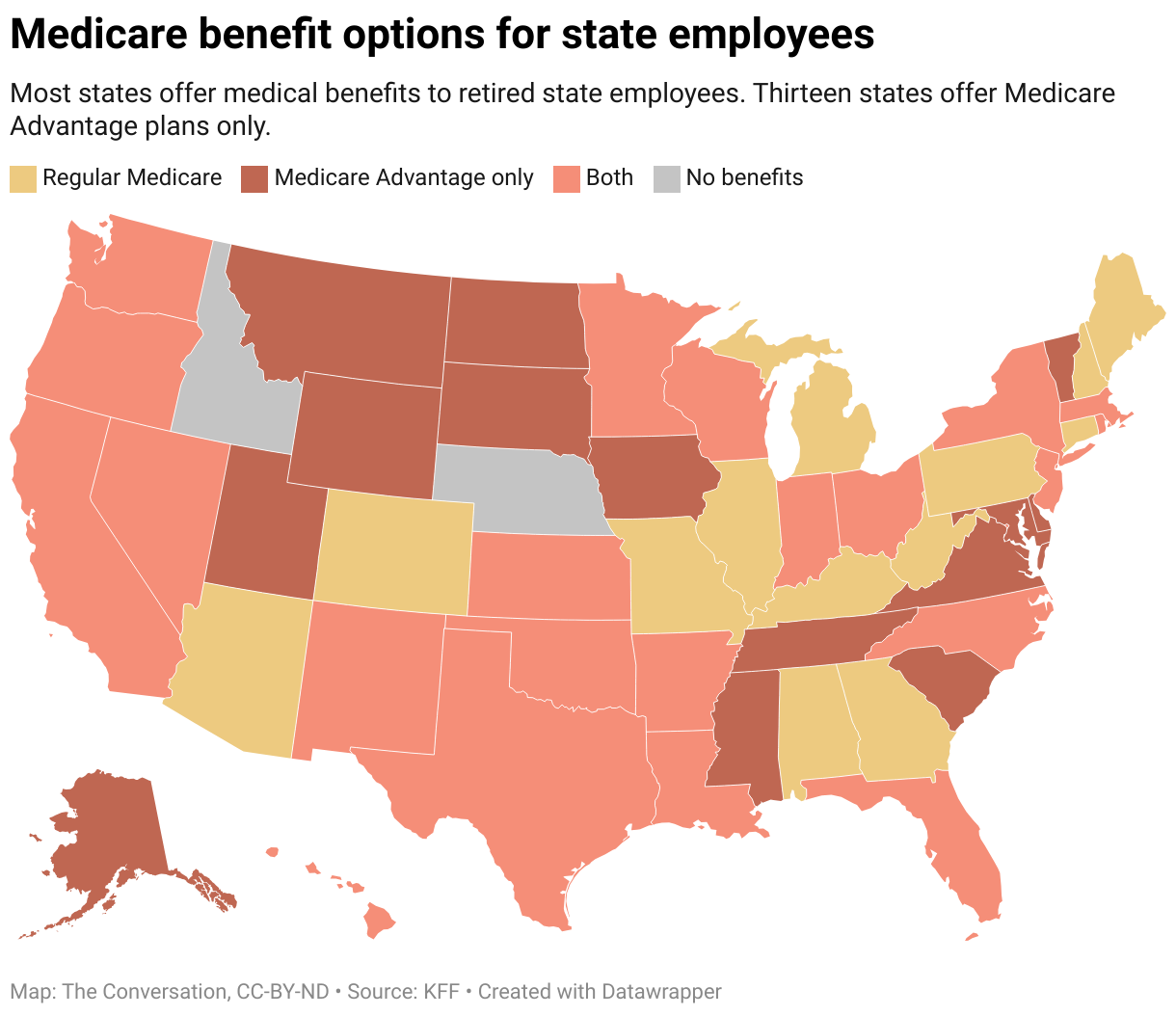Still Looking For Health Insurance?
Explore Plans To See What Fits Your Needs.
Overview
Are you considering health insurance for your self-employed venture? Here’s what you need to know.
While federal law does not require you to purchase health insurance, some states do, and you may face a state tax penalty if you do not comply. However, there are ways to make health insurance affordable.
Enrollment
You can explore options on the Health Insurance Marketplace or through the Small Business Health Options Program (SHOP). Additionally, you may qualify for subsidies to reduce your monthly premiums.
If you are self-employed and married, you might be able to join your spouse or partner’s health plan. If that’s not an option, you’ll need to look into getting individual coverage. Health insurance serves as a financial safety net in case of medical emergencies.
Health Insurance Plan Costs to Consider
The cost of health insurance depends on several factors, including your location, income, and the type of coverage you choose. If you are offering coverage to employees, that will also impact the cost.
ACA/Obamacare Insurance
For affordable coverage, ACA Marketplace plans offer prices that vary by insurance company, so it’s important to compare.
Options include individual plans, state programs based on income, and small group plans for your business.
Key Features of ACA Plans:
- Marketplace: You can enroll in ACA plans through the federal Marketplace at HealthCare.gov or state-based Marketplaces if available in your state. The ACA established these platforms to help individuals and families find and compare health insurance options.
- Pre-Existing Conditions: Insurance companies cannot deny coverage based on pre-existing medical conditions.
- Subsidies: Financial assistance in the form of tax credits is available to help reduce monthly premiums for eligible individuals and families.
Short-Term Medical Plans
Short-term health insurance is meant to be temporary until you can get coverage under a traditional plan. It’s available for up to 3 months with a 1-month extension. Unlike plans purchased through the Health Insurance Marketplace, short-term health insurance is not required to include the 10 essential health benefits outlined in the ACA, and it generally doesn’t cover preexisting conditions.
Short-term insurance is beneficial when you’re transitioning between health plans. Whether you are waiting to enroll in another plan, between jobs, or taking a break from school, this can be a viable option.
Enrollment
The application process for short-term health insurance is swift. Once you apply and make the payment, coverage can begin as early as the next day. You also have the flexibility to choose a start date within the next 60 days.
Coverage Details
- Financial Protection: Short-term insurance helps mitigate high medical costs in emergencies. Although you might face significant out-of-pocket expenses for certain services, it is still considerably cheaper than bearing the full cost yourself.
- Emergency Care: These plans cover sudden medical issues. You can continue seeing your regular doctor, specialists, and nearby hospitals.
- Limitations: Short-term insurance does not cover long-term health issues, dental care, or vision care.
Health Conditions
- No Coverage for Pre-Existing Conditions: Unlike other plans, short-term insurance may not cover pre-existing conditions such as cancer or diabetes. It may also exclude coverage for certain diagnostic tests recommended by your doctor. It’s crucial to understand these limitations before enrolling.
Self-Employed Health Insurance Deduction
You may be eligible for the Self-Employed Health Insurance Deduction, allowing you to deduct your premiums and save on taxes if you maintain health insurance throughout the year.
If health insurance costs seem overwhelming, consider premium tax credits or public options like Medicaid. As a small business owner, you might also get discounts through professional groups.
Next Steps
Take your time to research and find the right coverage for you. Your health and your business will benefit from the protection that health insurance provides.



